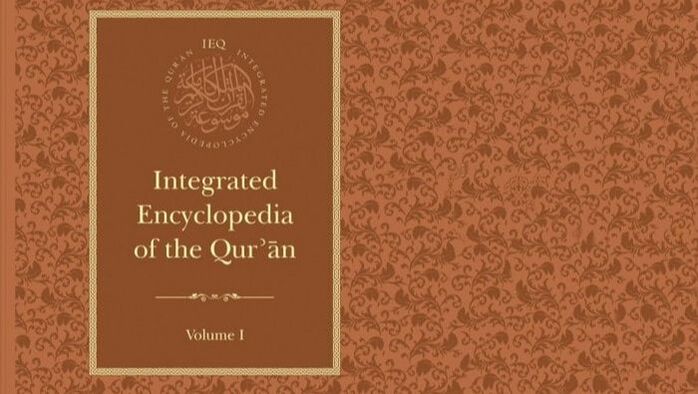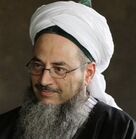A response to Andrew Rippin’s review of The Integrated Encyclopedia of the QurʾanUniversity of Victoria Professor Emeritus of Islamic History and Senior Research Fellow at the Institute of Ismaili Studies in London Andrew Rippin’s review of the first volume of the Integrated Encyclopedia of the Qurʾan (IEQ) describes it as “sumptuous and carefully produced,” “an impressive beginning”, and “a considerable contribution to the study of the Quran” (p. 222 par. 1). His review goes downhill from there. In the process he appeals to a purported shared understanding of the nature of academic scholarship on Islam and makes serious charges that give pause and warrant scrutiny, which this response is meant to be.
|
Gibril Haddad
|
|
© Center for Islamic Sciences. All Rights Reserved.
Designed and Developed by Crescent Marketing Solutions |


